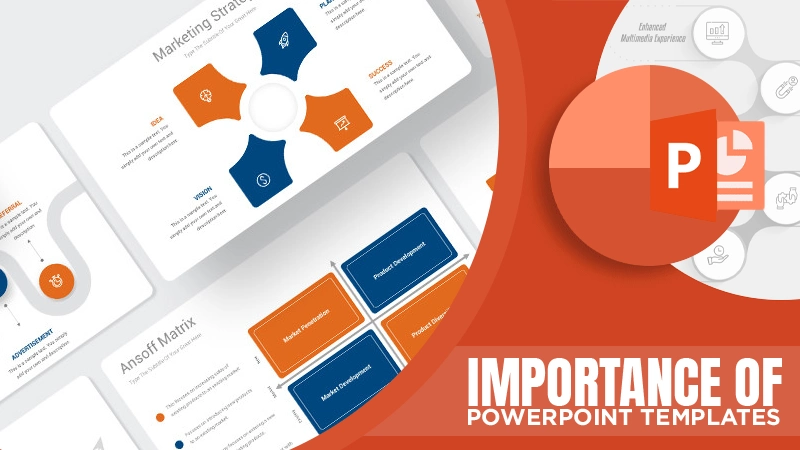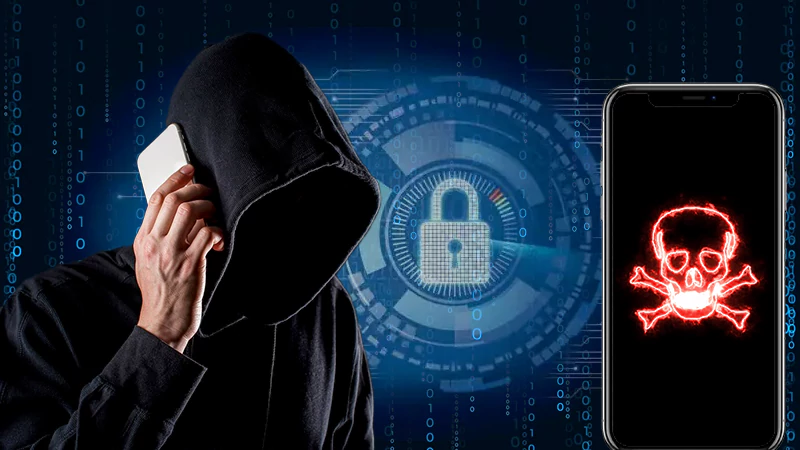As a business owner, you know how important your website is. It’s the face of your company online, where customers learn more about what you do, your products or services, and how to contact you. That’s why it’s important to ensure your website is safe and protected from hackers and other online threats. With the holidays just around the corner, cyberattacks get more and more frequent; being aware of Cyber Monday phishing attacks and Christmas scams, it’s important to avoid becoming a victim. This blog post will discuss some tips for keeping your site safe and secure.
How to Make Your Website Secure
Website security is essential to protect your site from hackers, viruses, and other online threats. By taking measures to secure your website, you can safeguard your data, prevent crashes, and avoid financial losses. Here are some steps you should follow to guarantee your website is safe:
Use a Firewall
The internet is not always safe. You can protect your website by using a firewall. This will help to keep potential viruses away from your files. A firewall is like a brick wall that protects you from a fire. There are two types of firewalls- the first one is software and the second one is hardware.
Hardware Firewalls
Hardware firewalls sit between your server and the rest of the internet. They look at each packet that comes into the server and figure out where it is coming from. Then they can decide which transfers are allowed and which ones are not.
Software Firewalls
A software firewall monitors exterior IP addresses, downloads, and how long data takes to transfer. If something does not follow the security protocol ruleset, the traffic is impeded to avoid system damage.
Using both hardware and software firewalls gives you an extra step of protection against possible security threats. Both methods should be about equally effective, so using both together will give you the best chance of keeping your website safe from harm.
Get an Antivirus to Clean Your Website
Although website monitoring and cleaning tools can be expensive, they offer many benefits, including constant malware removal, full hack recovery, blacklist monitoring, virtual patching, DDoS mitigation, CDN performance enhancements, and more.
Install SSL Certificate
An SSL Certificate encrypts communication between your server and visitors’ web browsers. This helps to protect against hackers who may try to intercept data being transferred between the two. When getting an SSL Certificate, make sure to get one that covers both the WWW and non-WWW versions of your website’s URL. This will ensure that all traffic going to your site is encrypted, whether people type in the “WWW” or not.
Back up Your Website Regularly
Make sure to create regular backups of your website. This way, if something does happen and you need to restore your site, you will have a recent version to work with. How often you need to back up your site depends on how often it is updated. If it is updated daily, then you should back up daily as well. The most important thing is to be consistent with creating backups so that you always have a recent version to restore from.
Enable DDoS Protection
DDoS protection can help to mitigate the effects of a DDoS attack. This type of attack is when hackers overload your server with requests, causing it to crash. DDoS protection works by identifying and filtering out malicious traffic before it reaches your server.
A CDN (content delivery network) can protect your website from downtime without blocking legitimate users. This is good because software-based DDoS protection may block a sudden spike in traffic, even if it’s warranted. For example, if you launch a new product or are featured in a major media outlet.
Create a Private Domain
One way to make it more difficult for hackers to find your website is to create a private domain. This will make it so that only people with the specific URL can access your site. You can do this by creating an account with a DNS provider. Then, you can create a subdomain that is not linked to your main domain. For example, if your main domain is “example.com”, you could create a private domain called “private.example.com”.
Conclusion
By following these steps, you can help to keep your website safe from harm. Website security is essential in today’s internet-connected world. By taking measures to protect your site, you can avoid costly downtimes, data loss, and other potential problems. Implementing these security measures will help to give you peace of mind and keep your website running smoothly.
















